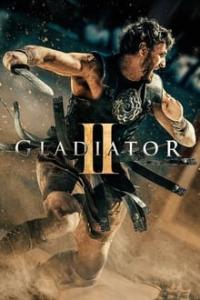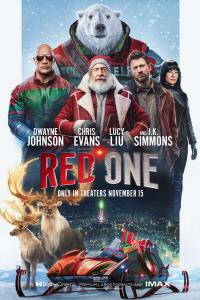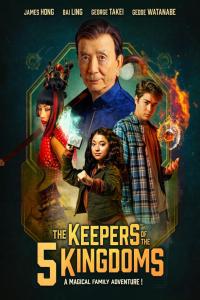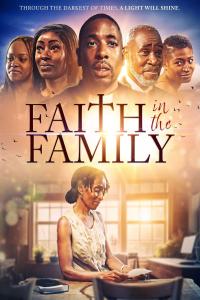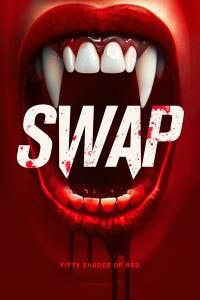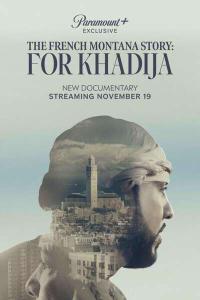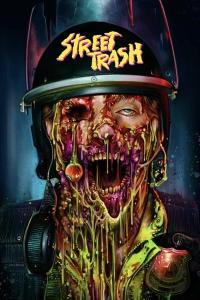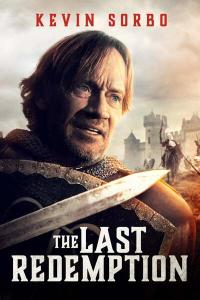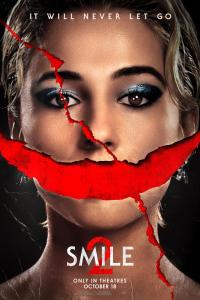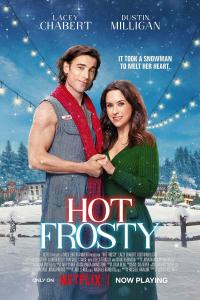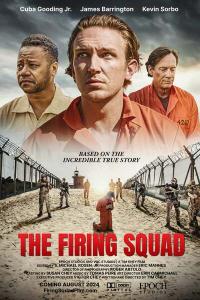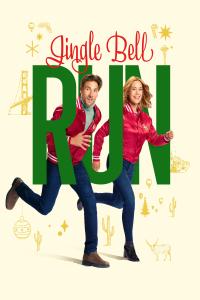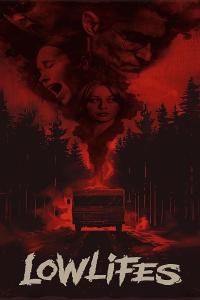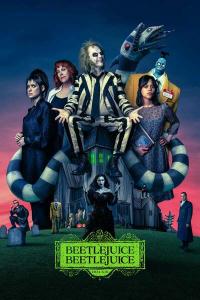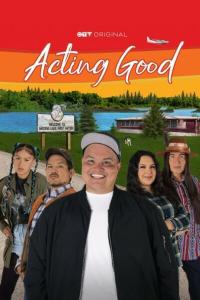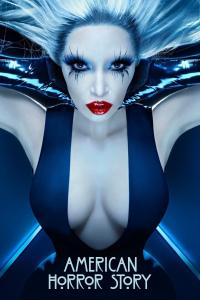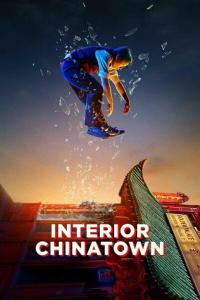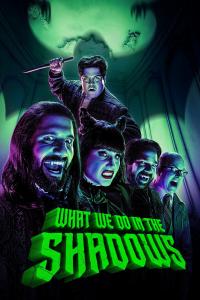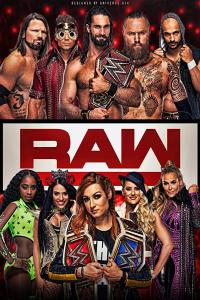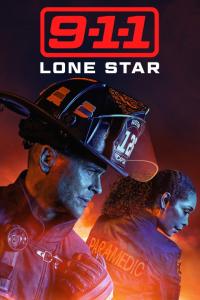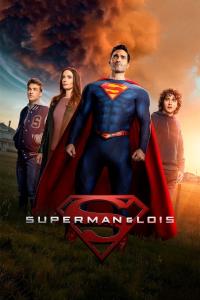Torrent details for "Hugh Hopper - 1984 (1972) [EAC-FLAC]" Log in to bookmark
Controls:
Language:
 English
EnglishTotal Size:
406.85 MB
Info Hash:
d5af0d9d79b52a80a2cf96d999eb0e232d76e1e0
Added By:
Added:
29-07-2020 16:58
Views:
726
Health:

Seeds:
0
Leechers:
0
Completed:
96
Name
DL
Uploader
Size
S/L
Added
-
372.93 MB
625
[0/0]
18/01/21 13:46
| Uploaded by pucholoco | Size 372.93 MB | Health [0/0] | Added 18/01/21 13:46 |

Hugh Hopper - 1984 (1972)
EAC rip (secure mode) | FLAC (tracks)+CUE+LOG -> 332 Mb
Full Artwork @ 600 dpi (tiff) -> 74 Mb
As he reports in his amusing CD notes, the record label CBS was all in favor of his solo excursion until he let them know what he had in mind, at which point they declined to pay even for studio time, so Hopper had to take out a bank loan to make the recording -- which says a lot for Hopper's belief in his artistic vision, and not much at all for the musical (as opposed to financial) vision of CBS. Hopper's 1984 is inspired by George Orwell's totalitarian fantasy of the same name, and the two longest tracks, "Miniluv" and "Miniplenty," feature Hopper's multitracked solo work on bass, percussion, mellophone, loops and electronics, with only John Marshall, the Soft Machine drummer, contributing additional percussion on the second piece.
This music had an appropriately eerie, ominous quality, with heavy use of chattering tape loops, reverberating bass drones and woozy, sometimes harsh slide work on bass guitar strings. Terry Riley's early cyclical trance music was a large influence on Hopper at the time of this recording, and there are also strong echoes of "Poppy Nogood and the Phantom Band," for example, in the intertwined, looped sax lines in "Minitrue." However, several of the shorter selections on this CD, with the addition of various saxophones, trombones and other horns, are inexplicably tied to a rather twisted and ponderous R&B groove. Hopper suggests, retrospectively, that these several pieces may have represented the "normal" citizens in Orwell's dystopia, who were nonetheless a little "bent" by their soul-destroying environment.
However, it is just as likely that Hopper was simply indulging his admitted fondness for James Brown. 1984 was always a musical oddity, and it may be a little incoherent and self-indulgent at times, but it has held up well over time, and still contains music of great interest.
-------------------------------------------------------------------------------------------------------------------------------------------------------------------------------------------------------------------------------------
Tracklist:
-------------------------------------------------------------------------------------------------------------------------------------------------------------------------------------------------------------------------------------
01 - Miniluv
02 - Minipax I
03 - Minipax II
04 - Minitrue
05 - Miniplenty
06 - Minitrue (Reprise) (bonus track)
07 - Miniluv (Reprise) (bonus track)
08 - Miniluv (Version 1) (bonus track)
09 - Miniluv (Version 2) (bonus track)
10 - Minitrue (bonus track)
11 - Minipax II (Slow Theme) (bonus track)
12 - Minipax I (bonus track)
13 - Minipax II (Fast Theme) (bonus track)
*2013 Columbia | SICP 30325 {2013 Japan Mini LP Blu-spec CD2}
Personnel:
Bass, Percussion, Saxophone [Soprano], Piano, Bells, Voice, Loops, Mellophone, Performer [Comp, Paper] - Hugh Hopper
Drums, Percussion - John Marshall
Guitar - Pye Hastings
Saxophone [Soprano] - Lol Coxhill
Saxophone [Tenor] - Gary Windo
Trombone - Malcolm Griffiths, Nick Evans


